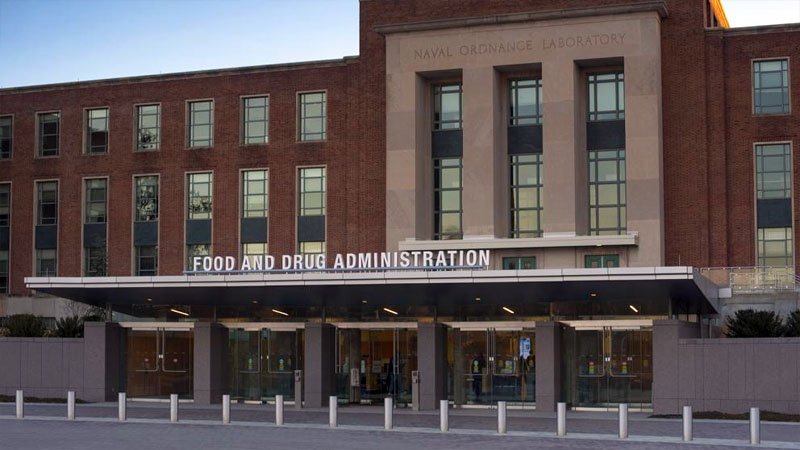Exclusive content

The U.S. Food and Drug Administration (FDA) recently released detailed data on seafood entry line refusals in March, revealing a concerning trend regarding shrimp imports. Among the 60 seafood entry line refusals, 8.3% were for shrimp, primarily due to the presence of banned antibiotics.
Overview of Refusals
In the first quarter of 2024, the FDA refused a total of twenty-one entry lines of shrimp due to banned antibiotics.
The recent refusals primarily targeted shipments from exporters in Bangladesh and Thailand. Notably, both exporters operate under Best Aquaculture Practices (BAP) certifications, raising concerns about the efficacy of certification processes in preventing antibiotic contamination.
Case Studies
- Apex Foods (Bangladesh):
- Apex Foods, holding two-star BAP certification for its processing plant and additional certification for a shrimp farm, faced four entry line refusals in March. The refusals were due to shrimp contaminated with nitrofuran and veterinary drug residues. Despite certifications, the company failed to meet FDA standards.
- Thai Union Seafood Company Limited (Thailand):
- Despite holding a four-star BAP certification for its processing plant and additional certifications for shrimp farms, Thai Union encountered one entry line refusal in March. The refusal was due to shrimp contaminated with veterinary drug residues.
Escalating Concerns
The addition of Thai Union Seafood Company Limited to Import Alert 16-129 (“Detention Without Physical Examination of Seafood Products Due to Nitrofurans”) underscores the escalating concerns regarding antibiotic contamination in shrimp imports. This addition followed the detection of ciprofloxacin and sulfamethoxazole in shipments from Thai Union Group Public Company Limited, indicating a broader systemic issue within the industry.
In addition to antibiotic contamination, the FDA also refused three entry lines of shrimp from Thailand and India for the presence of salmonella and filth.